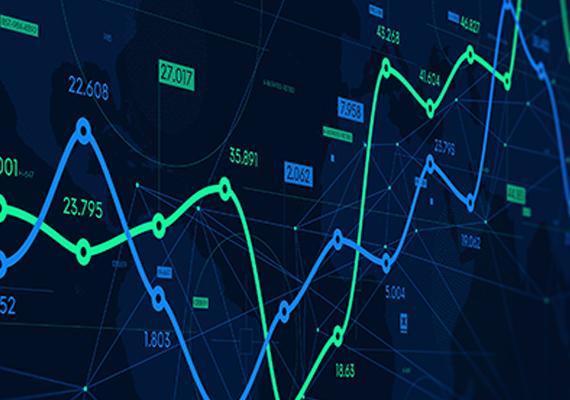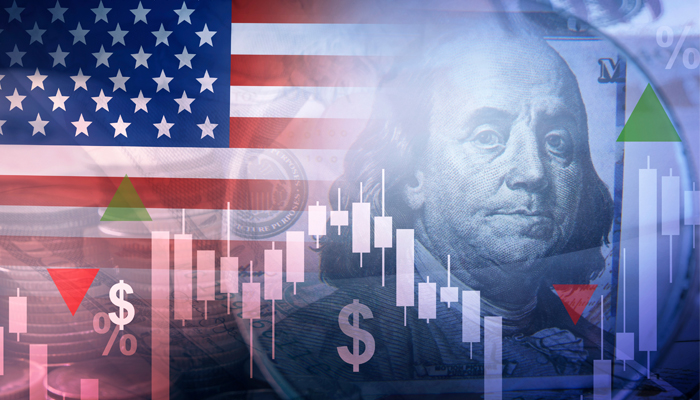
Economists Reflect on Lessons from a Chaotic Year
When there is a major earthquake in a coastal region, geologists can predict several things. First, there will likely be aftershocks and second, the possibility of landslides, fires and even tsunamis. In any case, they can't predict how severe these aftereffects will be nor how widespread their consequences.1 The initial tremor is completely unpredictable. Even though earth scientists understand much of an earthquake's underlying causes and have identified locations where they seem most likely to occur, there is no way of knowing with certainty. Geologists are much better at analyzing and making sense of seismic data after an earthquake.
The same goes for economists. More than two hundred years of studying data has given these money scientists a good understanding of how economies work at the macro level. But, like geologists, economists can't consistently forecast with precision when disruptive events will occur, nor how severe their aftermath will be.2 Olga Bitel, a global strategist and Hugh Scott-Gall, a portfolio manager, are trained economists. Both were brave enough to assess the accuracy of their previous forecasts for 2022 at the end of the year.3
Bitel says that their prediction of slowing growth had been on track, but other factors, such as inflation, were more severe than they had expected. "Inflation was so strong because it was exacerbated by geopolitical tension," writes Bitel. The suddenness of the Russian invasion of Ukraine created a psychological "inflationary impulse." When the conflict forced Europe to find new sources of oil and gas at two to three times what it had been paying, global inflation took hold.
Bitel and Scott-Gall were also not expecting the aggressive rate at which the Federal Reserve raised interest rates. Even when looking at the global economy and identifying the factors that are likely to come into play, it's still difficult to predict what will actually take place. As Scott-Gall explains, "Some major events happened that very few people expected. Others were more foreseeable, but they might not have played out exactly as forecasted."
As an investor, don’t be discouraged by this stubborn unpredictability. Instead of trying to time the market or pick winners, let us help you put a plan in place that fits you and your family’s needs.
1. http://go.pardot.com/e/91522/wiki-Earthquake/92qw1n/1800332179?h=fK2blncAgXSuGbROt3l-NM5oZZsL3Mrrsd0EsDeHaMo
2. http://go.pardot.com/e/91522/ba-4fc8-40d0-ab29-1874c70e0d8c/92qw1r/1800332179?h=fK2blncAgXSuGbROt3l-NM5oZZsL3Mrrsd0EsDeHaMo
3. http://go.pardot.com/e/91522/l-lessons-from-a-chaotic-year-/92qw1v/1800332179?h=fK2blncAgXSuGbROt3l-NM5oZZsL3Mrrsd0EsDeHaMo

Related articles

Benjamin Franklin was so varied in his accomplishments; he almost seems like a mythical character. One of the leading scientists of his time, he discovered key principles of electricity and first...

We love our cars. They get us to work. Haul all our stuff home from the store. And allow us to enjoy those weekend road trips in comfort. But even more than that, a car is a powerful personal...

In some ways, planning for retirement is abstract. You talk about things like dreams, goals, and second chapters. But in other ways, it's just simple math. You're going to need X amount of dollars...